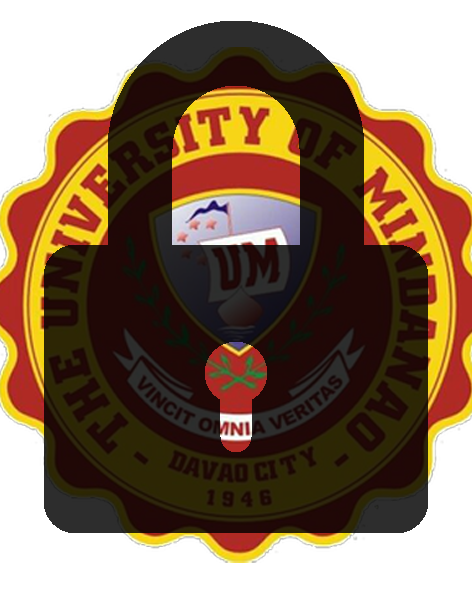Level of awareness and practices on solid waste management of fast-food companies in Davao City

View/
Date
2023-10Author
Lobitaña, Celine Jade L
Abarca, Daneka Joi C
Romualdo, Joseph M
Citation Tool
Metadata
Show full item recordAbstract
Managing solid waste is one of the challenges that many countries face. Poor solid waste management will lead to numerous problems with health, the ecosystem, and socioeconomics. Fast-food companies’ food/solid waste is one of the most critical issues facing food service establishments. The study aims to determine the level of awareness and practices on solid waste management of fast-food companies in Davao City. The study used a descriptive correlation design and used an adapted questionnaire for the fast-food employees as respondents chosen using a purposive sampling technique. The results were treated statistically using mean, standard deviation, Pearson product-moment correlation coefficient, and linear regression. Furthermore, the study revealed a very high level of solid waste management awareness and practices. Thus, solid waste management awareness significantly affects the solid waste management practices of fast-food companies in Davao City. Fast-food management must provide enhanced solid waste management awareness and efficiently conduct best practices for solid waste management. The government may enhance the economic development of the country by formalizing waste segregation, disposal, reducing, reusing, and recycling.
Collections
- Undergraduate Theses [639]
Publisher
College of Business Administration Education - Human Resource Management
